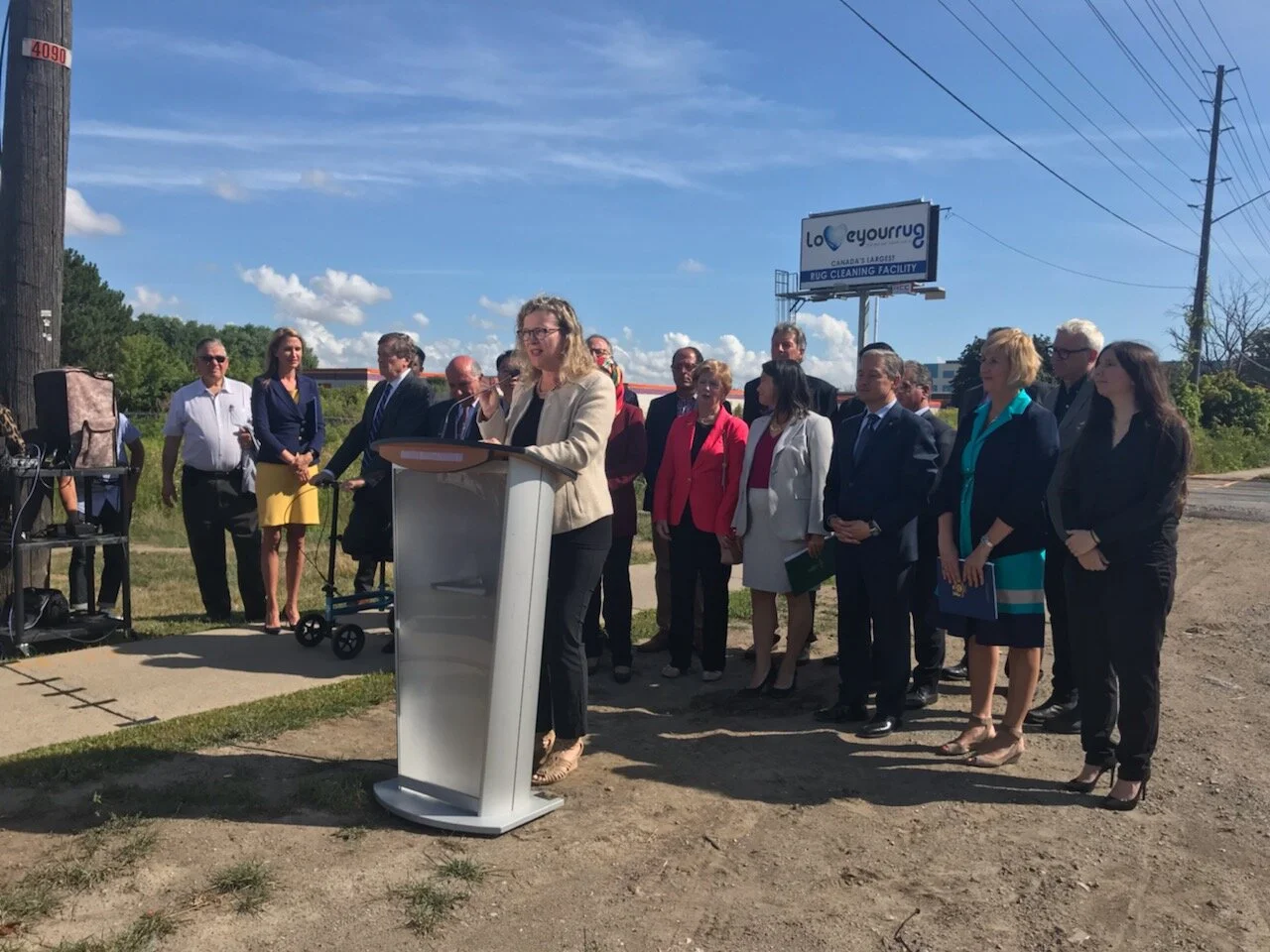Improving and Expanding Toronto's Transit Network
For decades, transit has been one of the most contentious and hotly-debated issues at City Hall. On many occasions, transit planning has been referred to as a "political football" – an issue used by political parties and groups to "score points," rather than a process driven by evidence and detailed study.
This fall, the City Manager reported to City Council with an update on the ownership of the Toronto Transit Commission (TTC) and the delivery of planned expansion projects. After a lengthy period of discussion, Provincial and City officials came to an agreement over the future transit expansion in Toronto.
This spring, the Government of Ontario revealed a new, competing Transit Expansion Plan for Toronto. A few months later, the Provincial Legislature passed Bill 107, the Getting Toronto Moving Act, which prohibits the TTC from working on new transit projects and instead makes Metrolinx, a Provincial agency, exclusively responsible for all transit expansion in Toronto.
Since then, the City Manager, supported by TTC Officials, has been working with Metrolinx and the Province to chart a path forward for Toronto's transit system. Last month, Executive Committee and the TTC Board were updated on the status of the negotiations.
With Councillor Robinson's support, Mayor Tory put forward a motion calling for public consultation on the planned Ontario Line, including a discussion of whether or not the Line should be built above or below ground. Councillor Robinson is concerned about the potential impacts an above-ground line will have on the Thorncliffe Park neighbourhood and will be advocating on behalf of the community throughout this process.
All three levels of government must work together to deliver transit for the residents of Toronto. It's time to put politics aside and work with our technical experts to deliver practical, evidence-based transit projects.
A recent example of intergovernmental cooperation resulting in new transit investment projects occurred this summer. Councillor Robinson joined her counterparts at all three levels of government to announce that the City of Toronto will be jointly funding the Bloor-Yonge Capacity Improvement project with the Provincial and Federal governments.
As Line 1 subway riders know, the Bloor-Yonge transfer is already a bottleneck during peak hours. In order to meet growing ridership demands, we will be building an additional platform at the Line 2 Yonge Station, modifying the Line 1 Bloor Station, and constructing a new substation. With more than 200,000 riders using the station each day – a number that is only projected to grow – this project is a critical component of the TTC's strategy to increase capacity on Line 1 (Yonge-University).
You can find the Councillor's statement on the Toronto-Ontario transit agreement here.
Announcing the Bloor-Yonge Capacity Improvement Project with all three levels of government, August 2019
